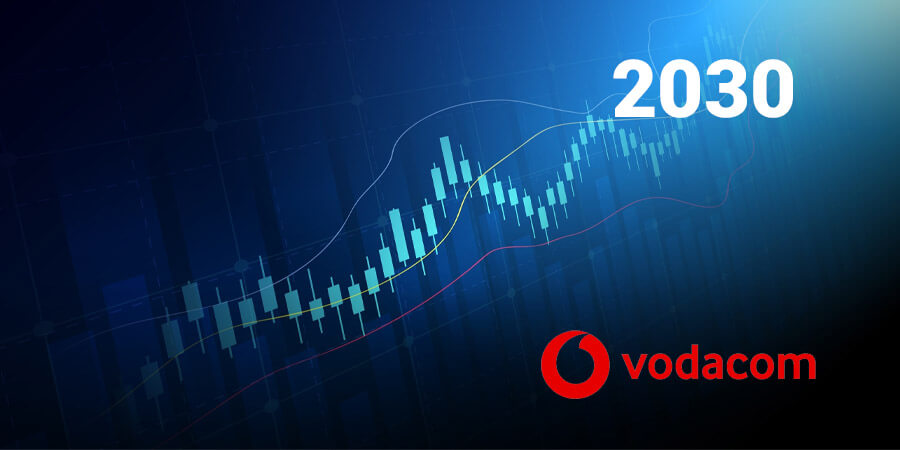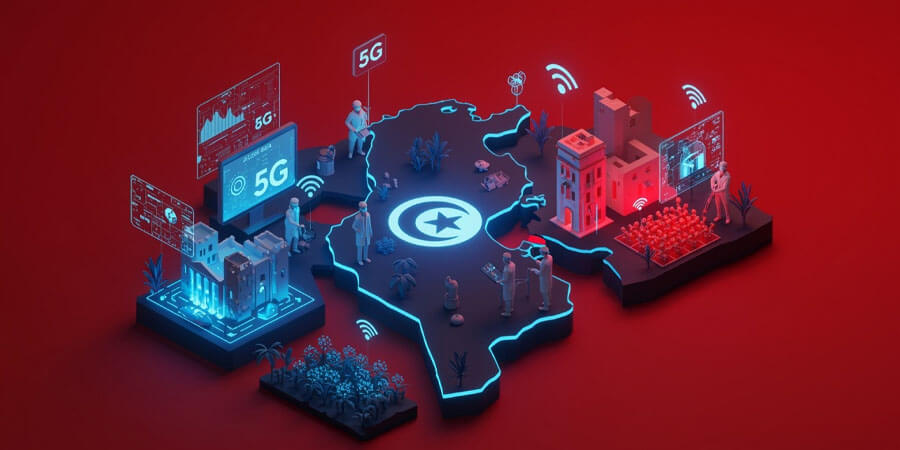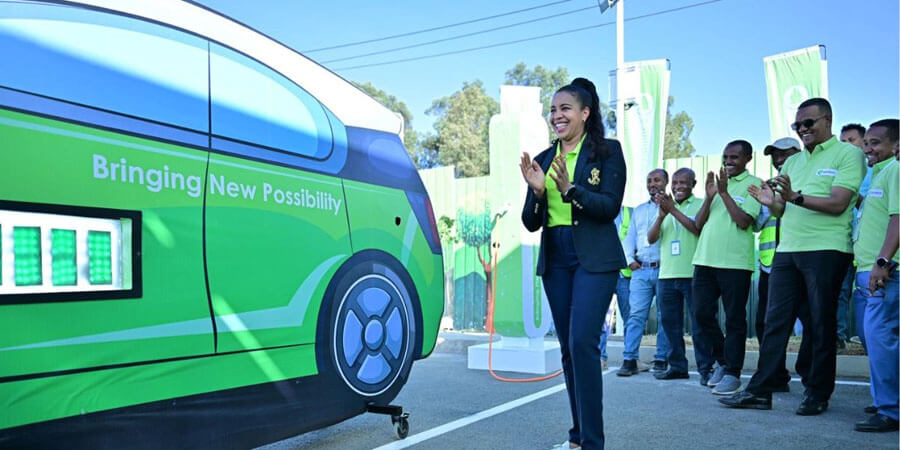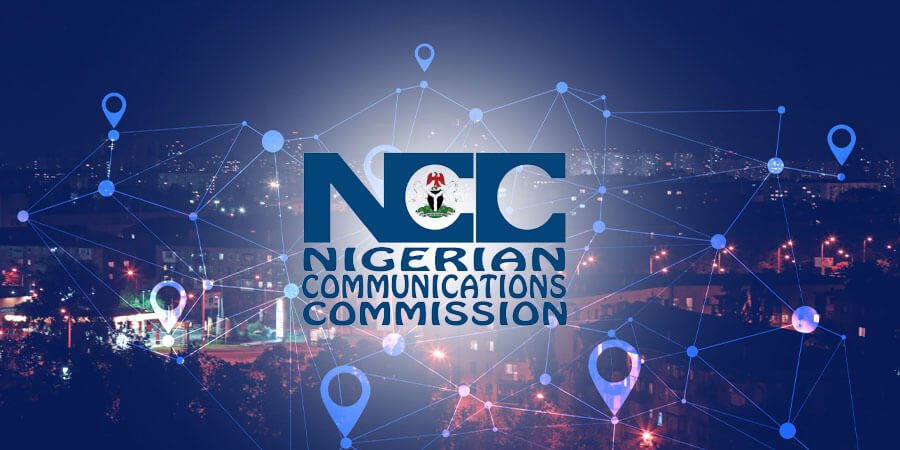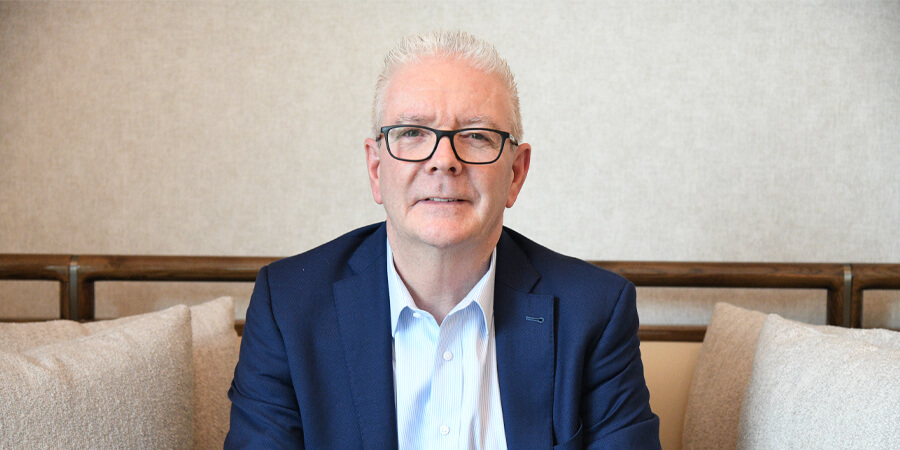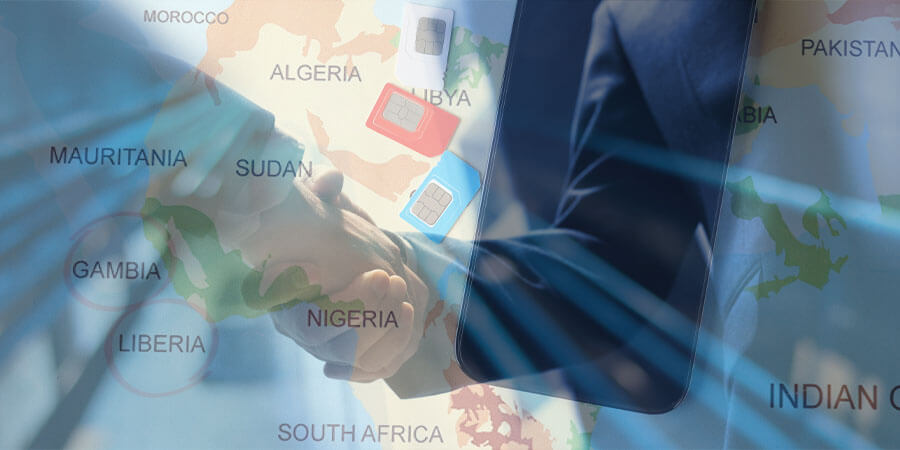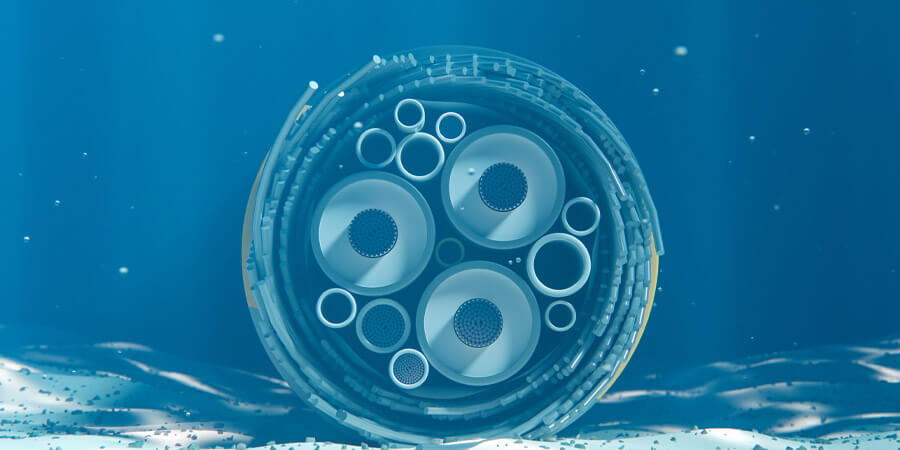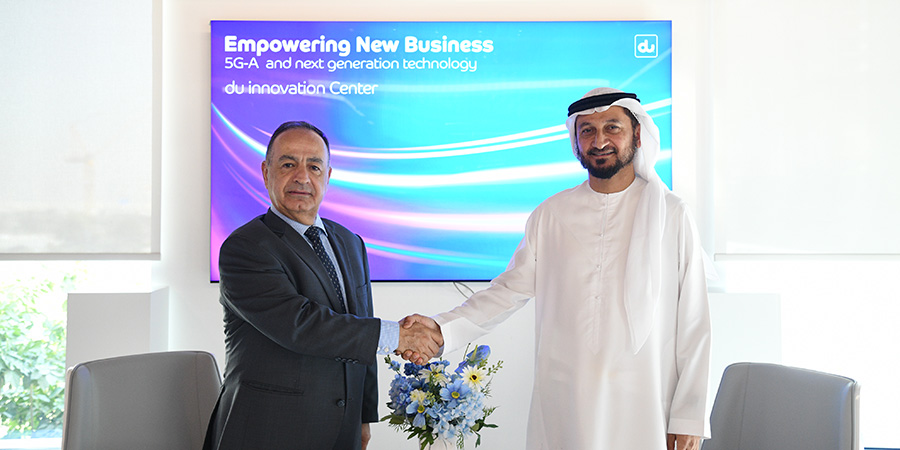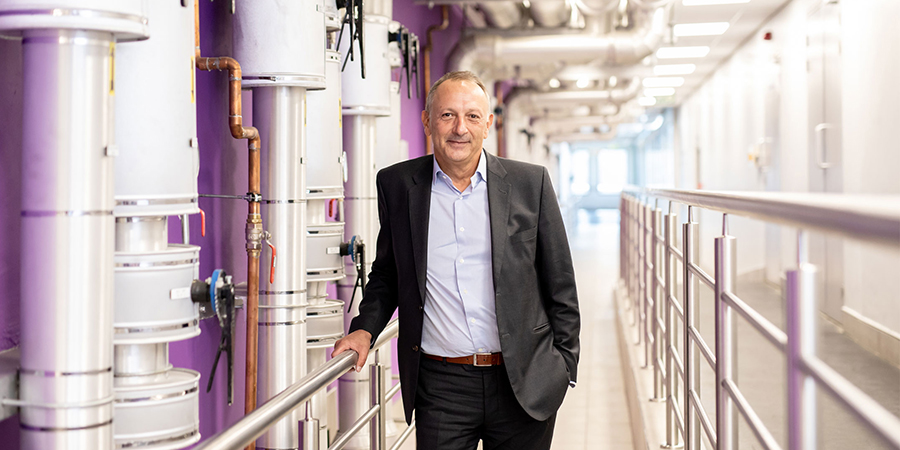Nigeria is a key African market, says Stephane Duproz, CEO of Africa Data Centres. “This region is hungry for digitisation and to pave the way for our hyperscale customers to deploy digitisation solutions to West Africa, Africa Data Centres’ construction of a 10-megawatt data centre in Lagos is well underway."
The Lagos build marks a significant step forward in Africa Data Centres’ ambitious long-term strategy to digitise Africa. The Nigerian data centre will form Africa Data Centres’ West African hub. As interconnection remains a priority, the company will be adding it to its network of data centres, which at present includes Johannesburg, Nairobi, Cape Town, Harare, and Kigali.
“Our expansion into Nigeria marks one aspect of the company’s growth on the continent,” says Duproz. “In response to demand generated by hyperscalers, key cloud operators and multinational enterprises already making use of our data centres, we have purchased the Samrand facility in South Africa and our key build in Midrand is under-way. These same clients, who have trusted us with their expansions into Kenya and other African territories, have expressed their interest in bringing digitisation at scale to West Africa. Our leadership and best practice in data centre operations have made us the obvious choice in their expansion strategies.”
The creation of a digital hub is the beginning of digital transformation capabilities for the region. Naturally, says Duproz, multinational enterprises will wish to be housed under the same roof as our hyperscaler customers due to the lower latency enjoyed. As such, the combination of cloud providers and enterprises make these data centres marketplaces of the ecosystem – and, most importantly, he says, the base for the country’s digital and economic development. Additionally, keeping African data on African soil is another key consideration driving the demand for local data centre facilities. “We are proud to be ensuring that African data stays in Africa,” he says.
Africa Data Centres has indicated that the Lagos build will spur the economy – creating job opportunities in various sectors. “The stimulus effect to the economy of digitisation is well documented and Nigeria is ready for this technology boon,” says Duproz. “Furthermore, our construction policy is to uplift the community as far as possible, employing local contractors and creating work opportunities within the communities we enter – so the job creation opportunities are realised at both grass-roots and high-tech levels.”
Having secured premium land in Lagos, Africa Data Centres has designed its latest data centre facility in line with environmental best practice, using grey, or non-potable water for cooling and utilising solar energy to offset its reliance on the grid.
“Digitising the continent at the cost of the environment is not a sacrifice Africa Data Centres is prepared to entertain. Our strategy encompasses empowering and uplifting the people, the environment and the economy,” he says.





